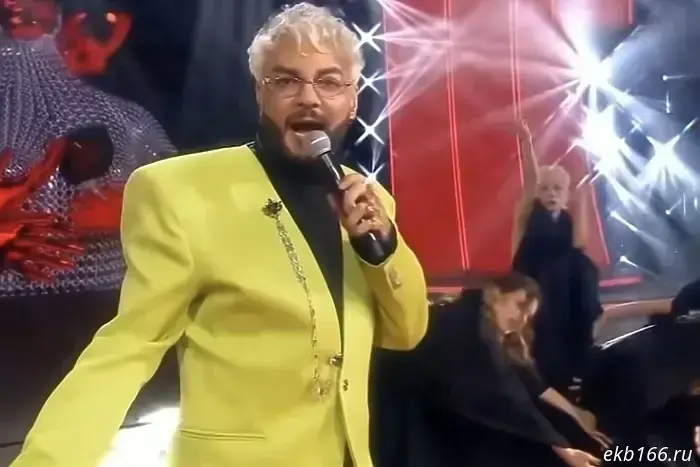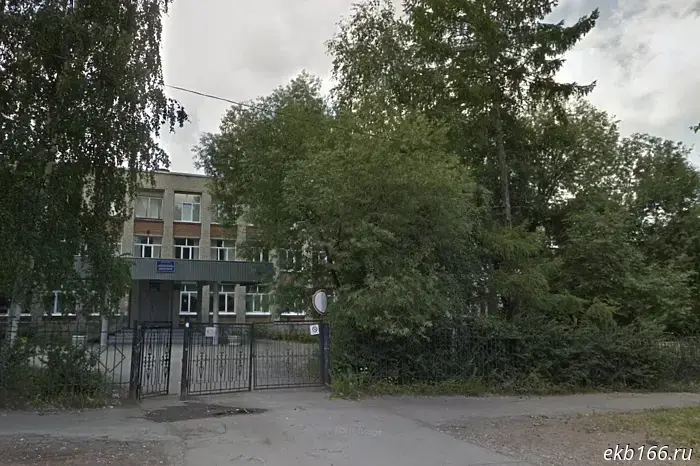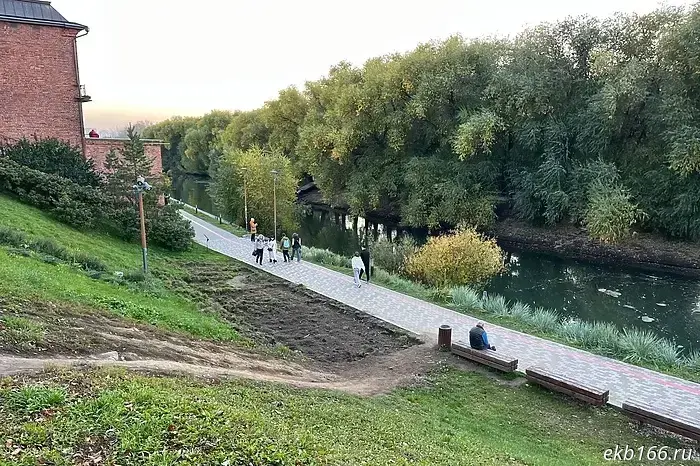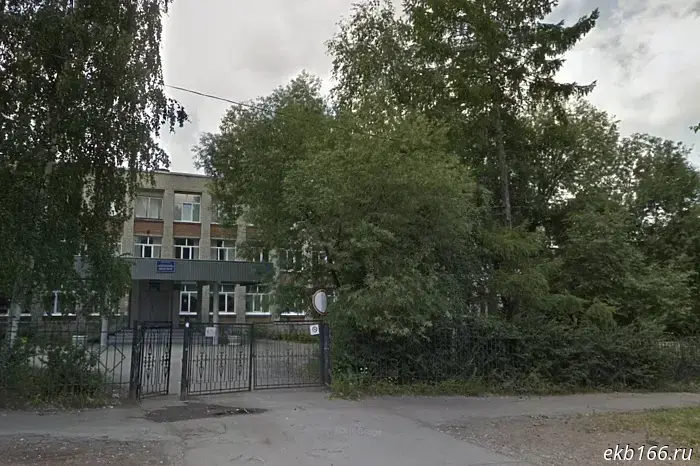
Король российской эстрады впервые за долгий период выступит с концертом в Екатеринбурге.
Король российской эстрады Филипп Киркоров проведет новогодний концерт в Екатеринбурге — впервые за последние пять лет. Его выступление запланировано на 6 января 2026 года на новой площадке «УГМК-Арене». Максимальная цена билета составит около 40 тысяч рублей.
По информации организаторов, зрителей ожидает грандиозное шоу с потрясающей сценографией, яркими костюмами, эффектами и легендарными хитами артиста, такими как «Зайка моя», «Снег», «Жестокая любовь», «Я за тебя умру», «Единственная моя», «Атлантида» и другими.
Билеты на концерт Киркорова стоят от 2000 до 40 000 рублей и пока что доступны в большом количестве.


Другие Новости Екатеринбурга (ЕКБ166)
 В школе Екатеринбурга внедрили необычное расписание.
В школе № 125, расположенной на улице Чекистов в Екатеринбурге, было введено нестандартное расписание: теперь некоторые классы учатся не утром и не после обеда, а с середины дня.
В школе Екатеринбурга внедрили необычное расписание.
В школе № 125, расположенной на улице Чекистов в Екатеринбурге, было введено нестандартное расписание: теперь некоторые классы учатся не утром и не после обеда, а с середины дня.
 В Екатеринбурге в центре города произошел инцидент с участием Lamborghini.
В центре Екатеринбурга случилась авария с участием дорогих автомобилей. На улице 8 Марта произошло столкновение Lamborghini Huracan Tecnica и кроссовера Mercedes. В результате ДТП движение на этом участке временно ограничили, к счастью, никто не пострадал.
В Екатеринбурге в центре города произошел инцидент с участием Lamborghini.
В центре Екатеринбурга случилась авария с участием дорогих автомобилей. На улице 8 Марта произошло столкновение Lamborghini Huracan Tecnica и кроссовера Mercedes. В результате ДТП движение на этом участке временно ограничили, к счастью, никто не пострадал.
 В центре Екатеринбурга неожиданно пропал известный памятник.
В Екатеринбурге завершен демонтаж знаменитого памятника клавиатуре, расположенного на набережной вдоль улицы Горького. Однако все под контролем: клавиши нашей уральской клавиатуры будут возвратены на прежнее место сразу после ремонта.
Власти Свердловской области прокомментировали эвакуацию предприятий в этом регионе.
Некоторые предприятия Свердловской области начали применять превентивные меры в ответ на угрозу атаки беспилотников, что включает в себя эвакуацию сотрудников. В каждом учреждении разработан индивидуальный план действий для таких случаев.
В центре Екатеринбурга неожиданно пропал известный памятник.
В Екатеринбурге завершен демонтаж знаменитого памятника клавиатуре, расположенного на набережной вдоль улицы Горького. Однако все под контролем: клавиши нашей уральской клавиатуры будут возвратены на прежнее место сразу после ремонта.
Власти Свердловской области прокомментировали эвакуацию предприятий в этом регионе.
Некоторые предприятия Свердловской области начали применять превентивные меры в ответ на угрозу атаки беспилотников, что включает в себя эвакуацию сотрудников. В каждом учреждении разработан индивидуальный план действий для таких случаев.
 В Екатеринбурге была произведена экстренная эвакуация нескольких предприятий.
Сотрудники Уральского завода гражданской авиации (УЗГА) были срочно эвакуированы утром 8 октября. По словам читателей E1.RU, всех работников с разных площадок предприятия отправили домой, но официальных подтверждений этой информации пока не поступило.
В Екатеринбурге была произведена экстренная эвакуация нескольких предприятий.
Сотрудники Уральского завода гражданской авиации (УЗГА) были срочно эвакуированы утром 8 октября. По словам читателей E1.RU, всех работников с разных площадок предприятия отправили домой, но официальных подтверждений этой информации пока не поступило.
 Сегодня в Екатеринбурге состоится первая игра нового турнира WINLINE BASKET CUP.
В соревновании за титул на WINLINE BASKET CUP встретятся ведущие российские клубы — ЦСКА, «Зенит», УНИКС, «Уралмаш», «Локомотив-Кубань», «Парма», а также европейские команды — сербская «Мега» и боснийская «Игокеа».
Сегодня в Екатеринбурге состоится первая игра нового турнира WINLINE BASKET CUP.
В соревновании за титул на WINLINE BASKET CUP встретятся ведущие российские клубы — ЦСКА, «Зенит», УНИКС, «Уралмаш», «Локомотив-Кубань», «Парма», а также европейские команды — сербская «Мега» и боснийская «Игокеа».
Король российской эстрады впервые за долгий период выступит с концертом в Екатеринбурге.
Король российской сцены Филипп Киркоров проведет новогодний концерт в Екатеринбурге — впервые за последние пять лет. Его выступление пройдет 6 января 2026 года на новой площадке «УГМК-Арене».
